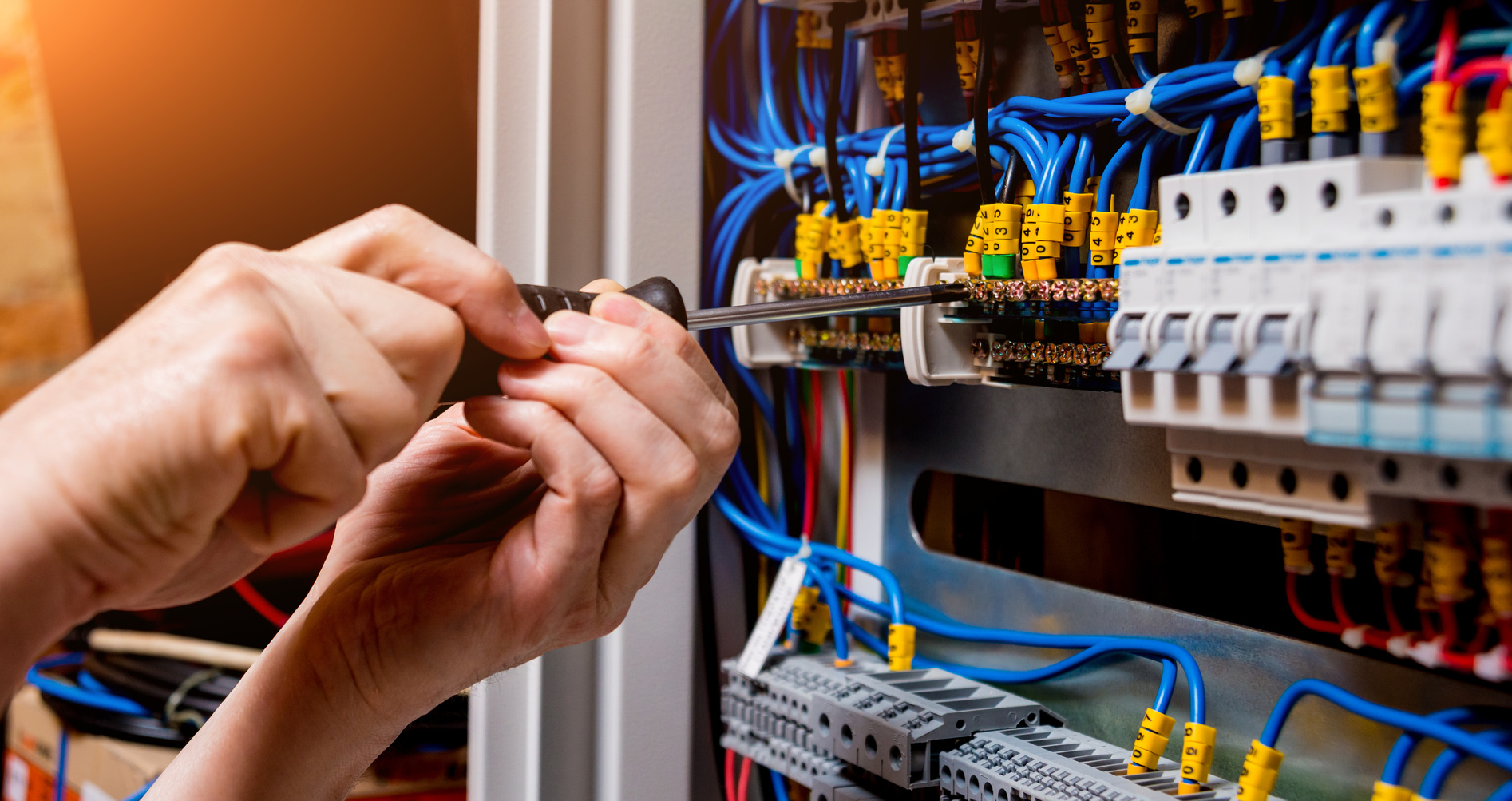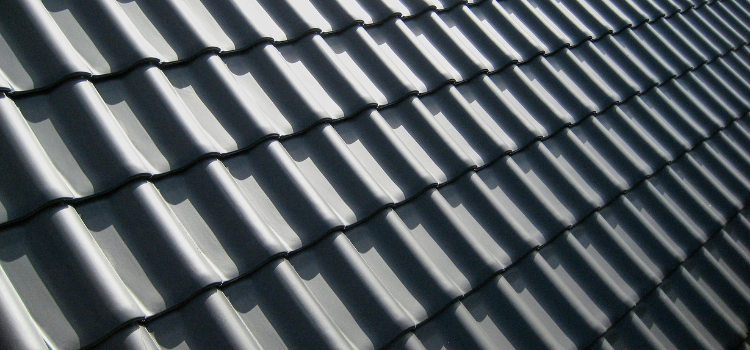Overview
Drainage near you
Search the directory, compare options, and start your project with confidence.
- Verified businesses ready to help near you.
- Clear contact details and profiles so you can shortlist quickly.
- Side-by-side browsing of suburbs, states, and top metro areas.
About this service
What drainage involves
The Importance of Drains
Drains and proper drainage are important components of a home. After all, if water enters your space, whether it be from a faucet, the shower or the rain, it must have a way to exit. Improper drainage can result in flooding and damage to your home. Homes and buildings utilize a drainage and plumbing system that allows for the removal and disposal of used water and fluid waste. Blocked or damaged drains or improper drainage systems can cause these important systems to fail.
The Types of Drains Found in Homes
Your home utilizes numerous drainage systems in order to properly dispose of waste water. Among the common drain types found in homes are circulating drains, sewer drains and storm drains. Circulating drains handle most interior drainage needs. It is responsible for circulating water from the hot water heater, through the home’s pipes and to the city sewer system for cleaning and disposal. Your home’s sewer drain is responsible for removing waste water from your home. This includes water from your toilets. Sewer drains remove soiled waste water and dispose of it into the city’s sewer system. Storm water drains are responsible for directing rain water and melting snow away from the structure of your home. These drainage systems use gutters and drain pipes to direct the flow of water away from your home’s foundation and toward the city sewer drains.
Maintaining Your Drains
Protect your home from possible flooding and damage by performing monthly maintenance on your home’s drain systems. Maintaining your drains can be simple. Begin by disposing of waste properly. Do not try to force food or other objects down your drains. Check your pipes routinely in order to avoid clogs and leaks. Fix plumbing issues immediately in order to avoid expensive damage down the road. Maintain your storm drains by checking your gutters and downspouts often in order to remove debris that may build up and cause leaks.
Browse Drainage by State
Articles
Guides to help you plan your project
Fresh tips and explainers on choosing the right tradie, budgeting, and setting clear expectations.

How Much Does an Electrician Cost? 2025 Cost Guide
Need to have some electrical work carried out at your home and unsure what to expect cost-wise? When hiring an electrician, you'll need to budget accordingly depending on the service.

How Much Does a Bathroom Renovation Cost? 2025 Cost Guide
If you want to give your bathroom the love and attention it deserves this year, you may be wondering how much it costs to renovate a bathroom in 2024. Truthfully, it depends. To estimate the…

Why You Should Hire a Professional for Your Roofing Project?
When it comes to home improvement projects, few are as critical as roofing. Your roof is not just a layer of protection; it's the shield that guards your family and belongings against the elements.
